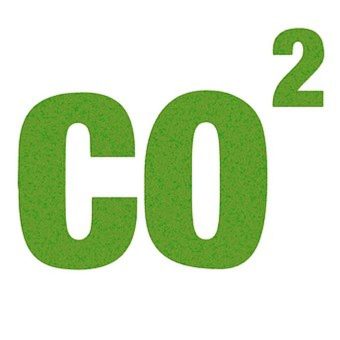
A controversial elevated highway in one of the largest urban centers in the world, São Paulo, Brazil, may be undergoing an urban agricultural renewal in the near future.
The Minhocão, a 3.5 km elevated highway in São Paulo, the Brazilian city with a population of over 11 million people, has been open for nearly 50 years, and has long been considered to be a obstacle sustainability and modernization in São Paulo.
In efforts to promote non-vehicle traffic in São Paulo, the Minhocão is open to exhaust emitting motor vehicles for only parts of the week. Despite times where only pedestrians are allowed, the highway still services nearly 80,000 vehicles per day.
In light of the upcoming Summer 2016 Olympics, modernization proposals in Brazil are seeing renewed enthusiasm and increasing acceptance.
The most recent proposal by Franco-Brazilian firm Triptyque details the creation of a mass urban agriculture and planting project on the Minhocão.
The goal of the project will be maximum coverage of carbon-emission combating plant installations, according to Inhabitat, and with additional water retention systems and natural light optimization, the urban agricultural installments will have the potential to support the urban growing of local crops on a limited scale.
Besides the potential for growing locally sourced food in the new agricultural plan for the Minhocão, there is another more quantitative goal: 20% reduction in carbon emissions estimated to be produced by the thoroughfare that frequents the highway.
With evidence pointing to both locally grown urban agricultural products and increased plant density reducing carbon emissions in dense urban areas, the Minhocão project looks to have promising potential for sustainability in Brazil, a country whose urbanization has led to increasingly severe levels of pollution (some sources claim that air pollution kills more people in São Paulo than car accidents and AIDS combined).
Given these concerning factors, Brazilian authorities and urban planning firms may be wise to conceive additional plans involving urban agriculture similar to the Minhocão in the future.
Source: urbanvine.co




